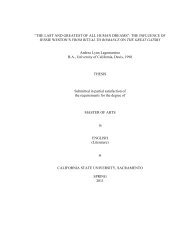Complete Thesis_double spaced abstract.pdf
Complete Thesis_double spaced abstract.pdf
Complete Thesis_double spaced abstract.pdf
You also want an ePaper? Increase the reach of your titles
YUMPU automatically turns print PDFs into web optimized ePapers that Google loves.
individuals from emigrating. Additionally, states may purposefully construct unrestrictive<br />
emigration policies; in either circumstance emigration data exists, and is available to be analyzed.<br />
Emigration: Contemporary Themes-Expanding the Existing Literature<br />
Recently there has been a shift in the migration literature to examine several topics that<br />
are related specifically to emigration, namely remittances, development and brain drain. These<br />
topics are interrelated to one another; each having significant impacts on the sending state. As<br />
skilled and unskilled migrants emigrate from their sending states, they take with them various<br />
skills and resources that would otherwise be available, but not necessarily utilized, in their<br />
sending state. Once in the receiving state migrants may remit a portion of their wages to their<br />
sending state, these resources may or may not be used to develop infrastructure and capital<br />
projects, smooth consumption and alleviate poverty, and invest in education. The impact of<br />
remittances, the prospect of development, and the problem of brain drain have led to debates by<br />
policymakers in sending states as to the best methods to manage the impacts of each of these<br />
topics. Restrictive emigration policies may retain highly skilled workers, but they may<br />
simultaneously restrict the amount of remittances to sending states and hinder economic<br />
development. Unrestrictive emigration policies may result in the loss of highly skilled and<br />
educated workers, reduce unemployment in certain sectors, and provide remittance resources to<br />
sending communities. However, neither policy option produces consistent results over time in<br />
every type of sending state.<br />
Emigrant Remittances<br />
The practice of remitting has increased in intensity and extensity in recent years,<br />
correspondingly the issue of remittances has gained prominence in the migration literature. Stark<br />
and Bloom’s (1985) “new economics of labor migration” facilitated the movement of remittances<br />
23



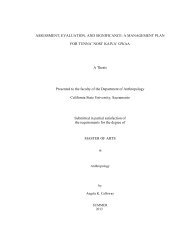
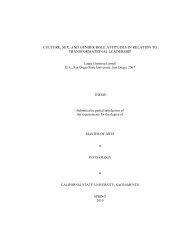
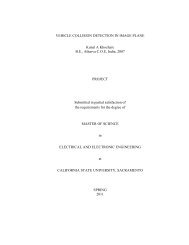
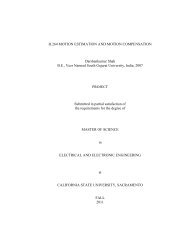
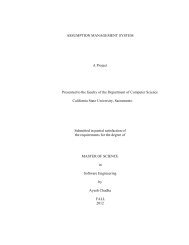
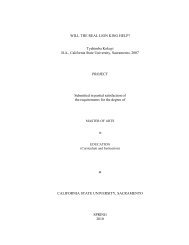
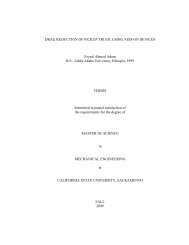
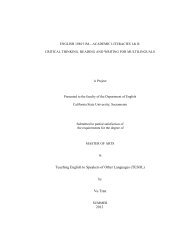
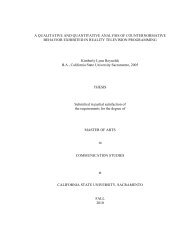
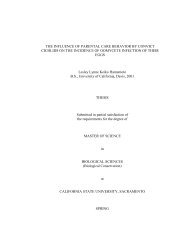
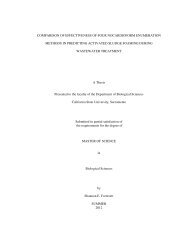
![Completed Thesis to Grad Studies[Final3].pdf](https://img.yumpu.com/17538645/1/190x245/completed-thesis-to-grad-studiesfinal3pdf.jpg?quality=85)
